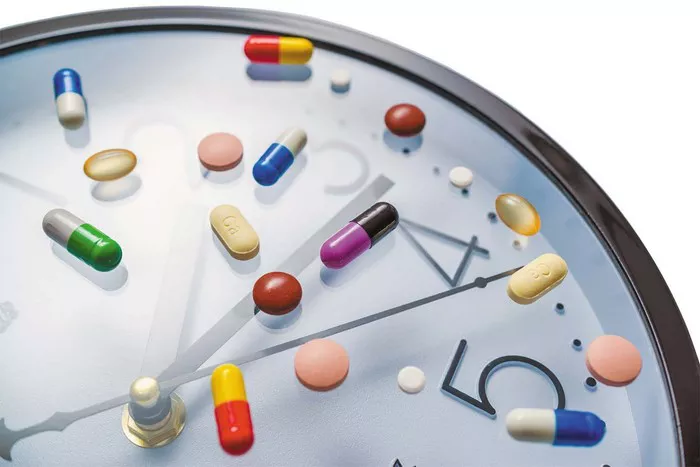In an unprecedented international effort, the World Allergy Organization (WAO) has launched the Global Drug Allergy Registry (GDAR), a comprehensive database designed to track drug hypersensitivity patterns across diverse populations and geographic regions. This initiative addresses a critical gap in allergy research, as current understanding of drug reactions is largely based on Western populations and spontaneous reporting systems that capture less than 10% of actual cases.
The registry incorporates detailed clinical data from 132 participating centers in 56 countries, including reaction phenotypes, genetic markers, treatment outcomes, and long-term follow-up. Advanced analytics tools allow researchers to detect emerging patterns—such as the recent uptick in contrast media reactions in Southeast Asia linked to specific CT contrast protocols. One early finding from the GDAR has been the identification of regional variations in beta-lactam allergy prevalence, ranging from 3.2% in Scandinavian countries to 14.7% in parts of South America, challenging the assumption of uniform global risk.
A unique feature of the GDAR is its integration with pharmacovigilance systems, enabling real-time alerts about potential new drug allergens. For example, the registry detected an unexpected cluster of hypersensitivity reactions to a new HIV integrase inhibitor within three months of its release—information that prompted the manufacturer to revise warning labels. The platform also serves as a matchmaking tool for clinical trials, helping researchers identify eligible patients for studies on desensitization protocols or diagnostic innovations.
Patient advocacy groups have praised the registry’s emphasis on inclusivity, with interfaces available in 18 languages and special modules for pediatric and elderly populations. However, privacy concerns remain, particularly regarding genetic data sharing across borders. The WAO has implemented stringent encryption protocols and allows patients to opt out of specific data uses. As the GDAR expands—with plans to incorporate 500,000 cases by 2026—it promises to yield insights that could lead to more personalized approaches to drug allergy prevention and management worldwide.
You Might Be Interested In:
- Urgent Warning: Blood Pressure Pills May Have Wrong Labels—Patients Told to Check Now
- Scientists Identify Critical Enzyme That Could Slow Immune Aging in Women
- Scientists Discover New Cancer Detection Method: Watching How Cells Move Could Save Lives

